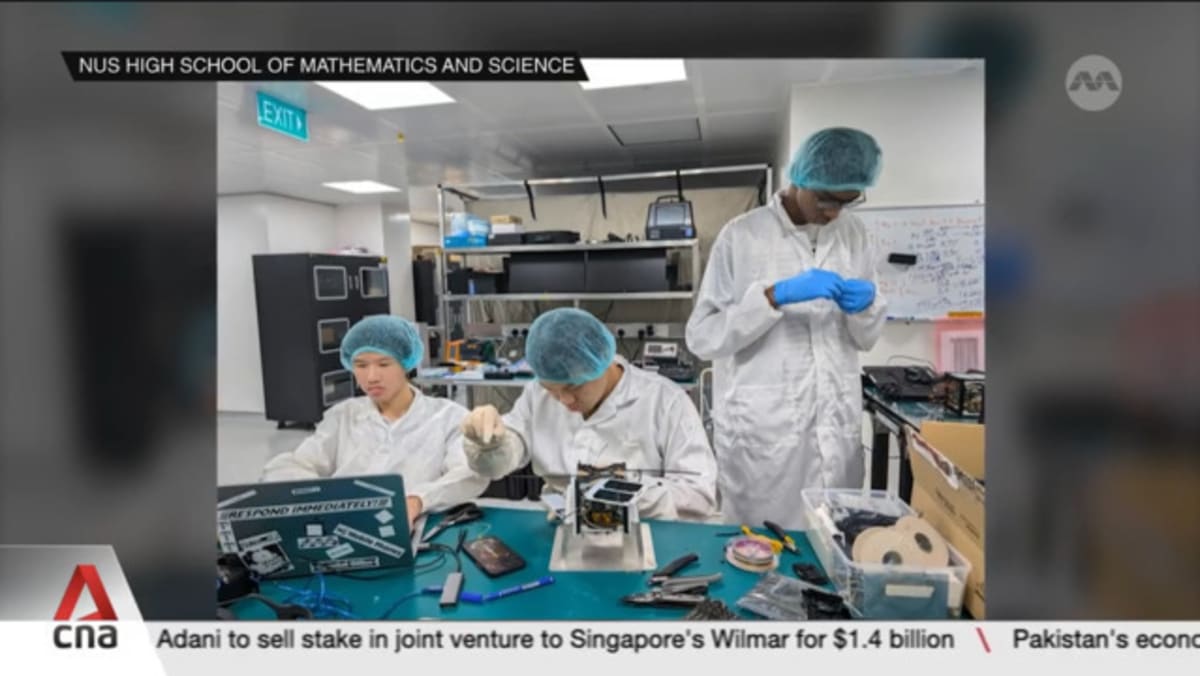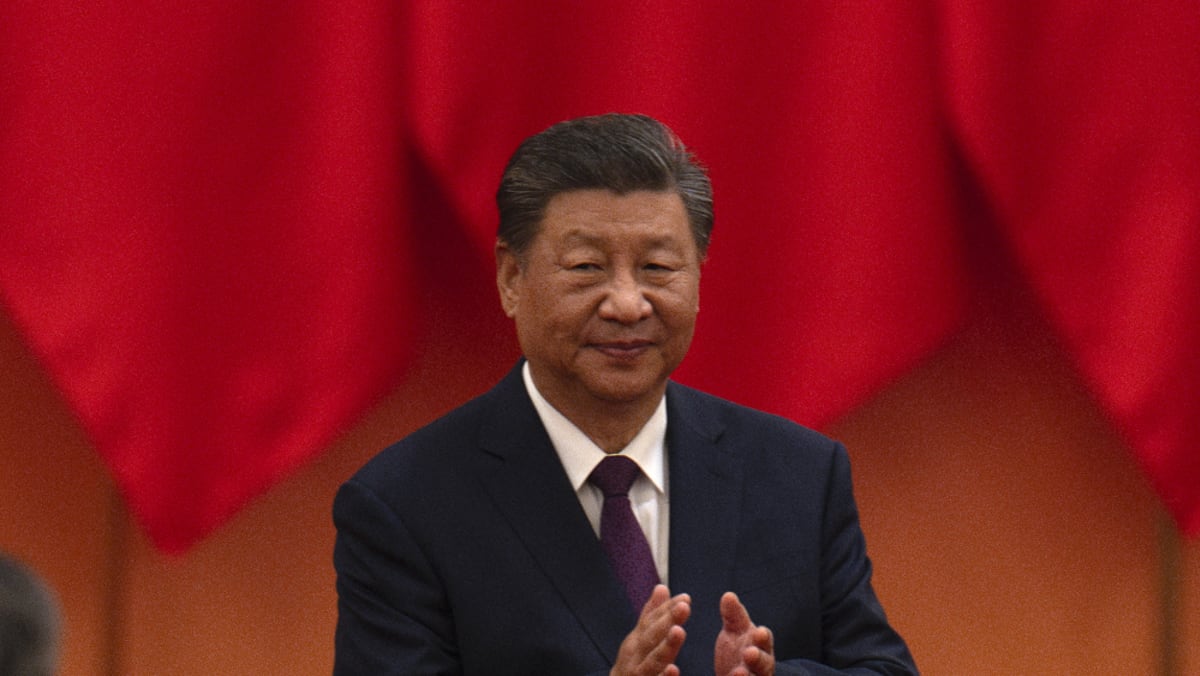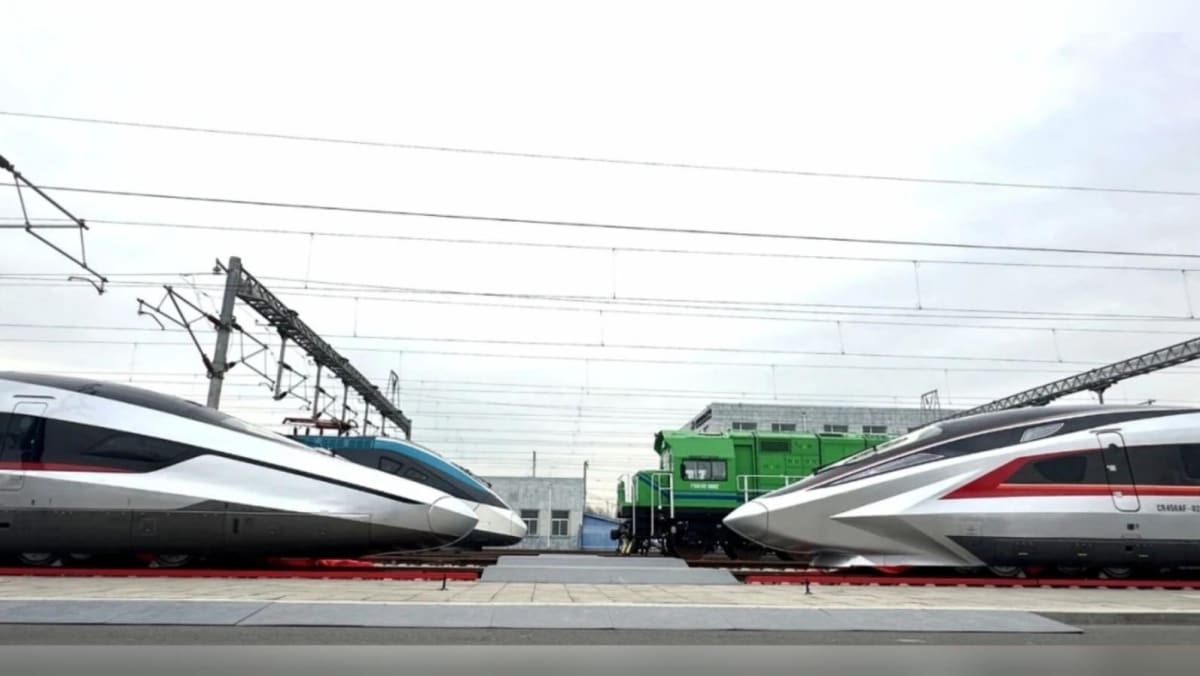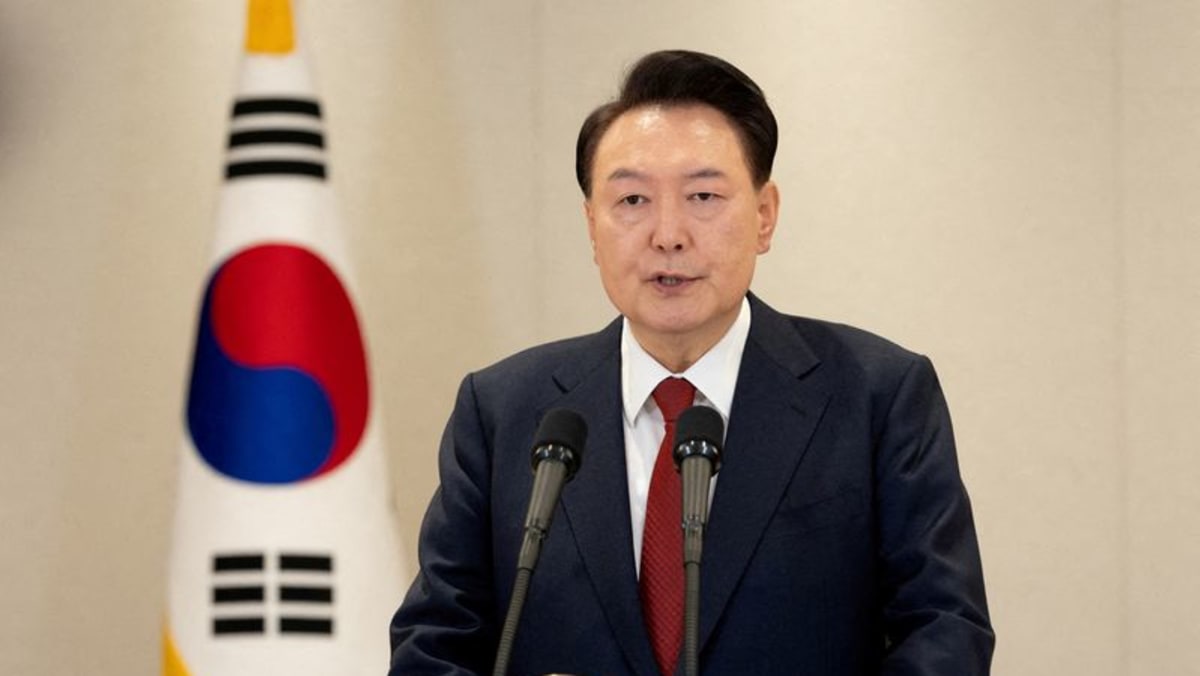China’s remarkable economic rise, which for decades underpinned the legitimacy of the Communist Party, is now showing signs of strain. A confluence of factors – slowing growth, a real estate crisis, mounting local government debt, and a rapidly ageing population – has created a perfect storm.
The data is revealing: Retail sales increased by just 3.7 per cent in the first half of 2024, while property investment fell by over 10 per cent. Local governments, weighed down by trillions in hidden debt, are struggling to maintain basic services. Foreign investors, once eager to capitalise on China’s growth, are pulling back, increasingly wary of ideology-driven policies.
IDEOLOGICAL PURITY COMES AT A COST
Mr Xi’s response to these economic pressures highlights his overarching ideological approach.
One core lesson from the Soviet collapse – frequently discussed in Chinese scholarly circles – is that ideological erosion, not merely economic weakness, led to the Soviet Union’s disintegration. For Mr Xi, the breakdown of ideological discipline, beginning with Nikita Khrushchev’s 1956 denunciation of Josef Stalin, marked the start of the Soviet regime’s downfall.
This conviction explains why maintaining strict ideological control, particularly through the promotion of “Xi Jinping Thought”, remains at the core of his governance strategy. However, this focus on ideological purity comes at a cost.














